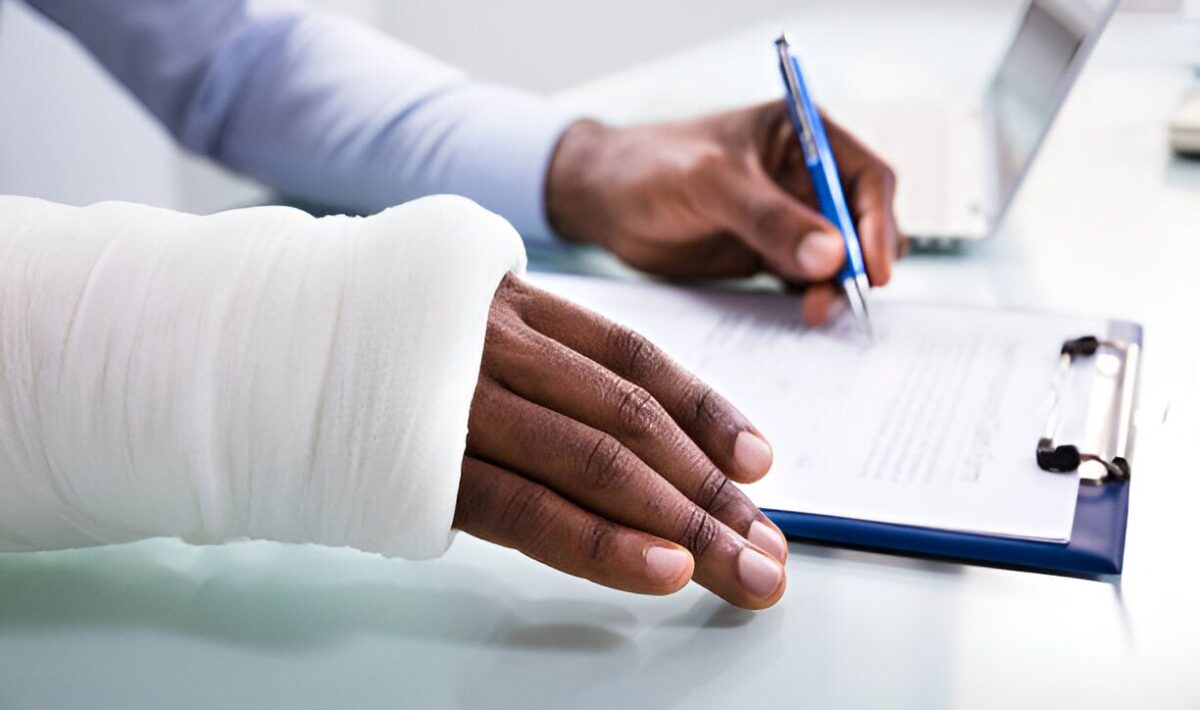When you’ve been injured due to someone else’s negligence, understanding your rights is crucial for protecting your interests and securing fair compensation. This guide will walk you through the essential aspects of personal injury claims, empowering you to make informed decisions and safeguard your rights.
Recognizing Valid Personal Injury Claims
Personal injury cases encompass a wide range of situations where an individual suffers harm due to another party’s negligence or intentional actions. Common examples include car accidents, slip and falls, workplace injuries, medical malpractice, and product liability cases.
If you’ve been hurt and believe someone else is at fault, it’s worth exploring your legal options to ensure your rights are protected.
Immediate Steps After an Injury
The actions you take immediately following an injury can significantly impact your claim. Prioritize your health by seeking medical attention, even if your injuries seem minor. Document the incident thoroughly by taking photos of the scene, your injuries, and any property damage.
Collect contact information from witnesses and report the incident to the appropriate authorities if necessary. These steps create a solid foundation for your claim.
Dealing with Insurance Companies
Navigating insurance company interactions can be challenging. Remember that insurance adjusters work for the company, not for you. Be cautious when providing statements and consider consulting with a legal professional before accepting any settlement offers.
An experienced attorney can help you navigate these interactions and ensure your rights are protected throughout the process.
Understanding Compensation Types
Personal injury compensation typically covers economic and non-economic damages. Economic damages include tangible costs like medical bills, lost wages, and property damage. Non-economic damages account for intangible losses such as pain and suffering, emotional distress, and loss of enjoyment of life.
Understanding these categories will help you assess the full scope of what you may be entitled to receive.
Proving Negligence in Your Case
Establishing negligence is often central to personal injury claims. You must demonstrate that the other party had a duty of care, breached that duty, and that this breach directly caused your injuries. Gathering evidence such as witness statements, expert opinions, and accident reports will be essential in proving negligence in your case.
Time Limitations and Legal Deadlines
Be aware of the statute of limitations for personal injury claims in your jurisdiction. This legal deadline sets a time limit for filing a lawsuit, and missing it can result in losing your right to seek compensation. While the timeframe varies depending on your location and the type of injury, acting promptly is always in your best interest.
Settlement Process
Many personal injury cases are resolved through negotiation rather than going to trial. Understanding the negotiation process and knowing when to accept or reject a settlement offer is crucial. While a quick settlement may seem appealing, it’s important to ensure that any offer adequately covers all your damages, including potential future expenses.
When to Seek Legal Representation
While minor injury claims can sometimes be handled independently, complex cases or those involving severe injuries often benefit from professional legal assistance.
An experienced personal injury attorney can provide valuable guidance, handle communications with insurance companies, gather and present evidence effectively, and advocate for your rights throughout the legal process.
Conclusion
Learn these personal injury essentials to protect your rights and navigate claims. Each case is unique. Seek personalized legal advice for full protection after an injury.

